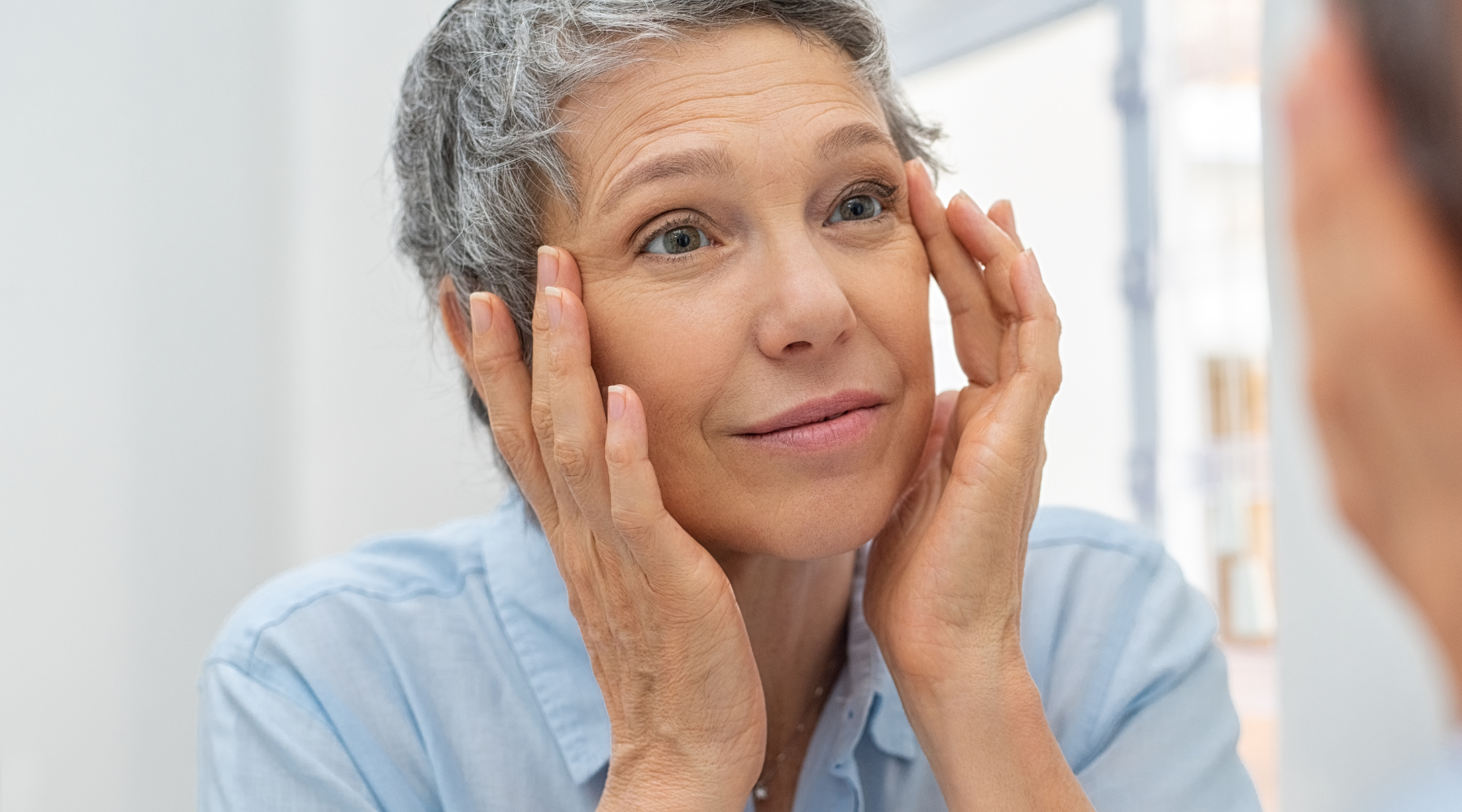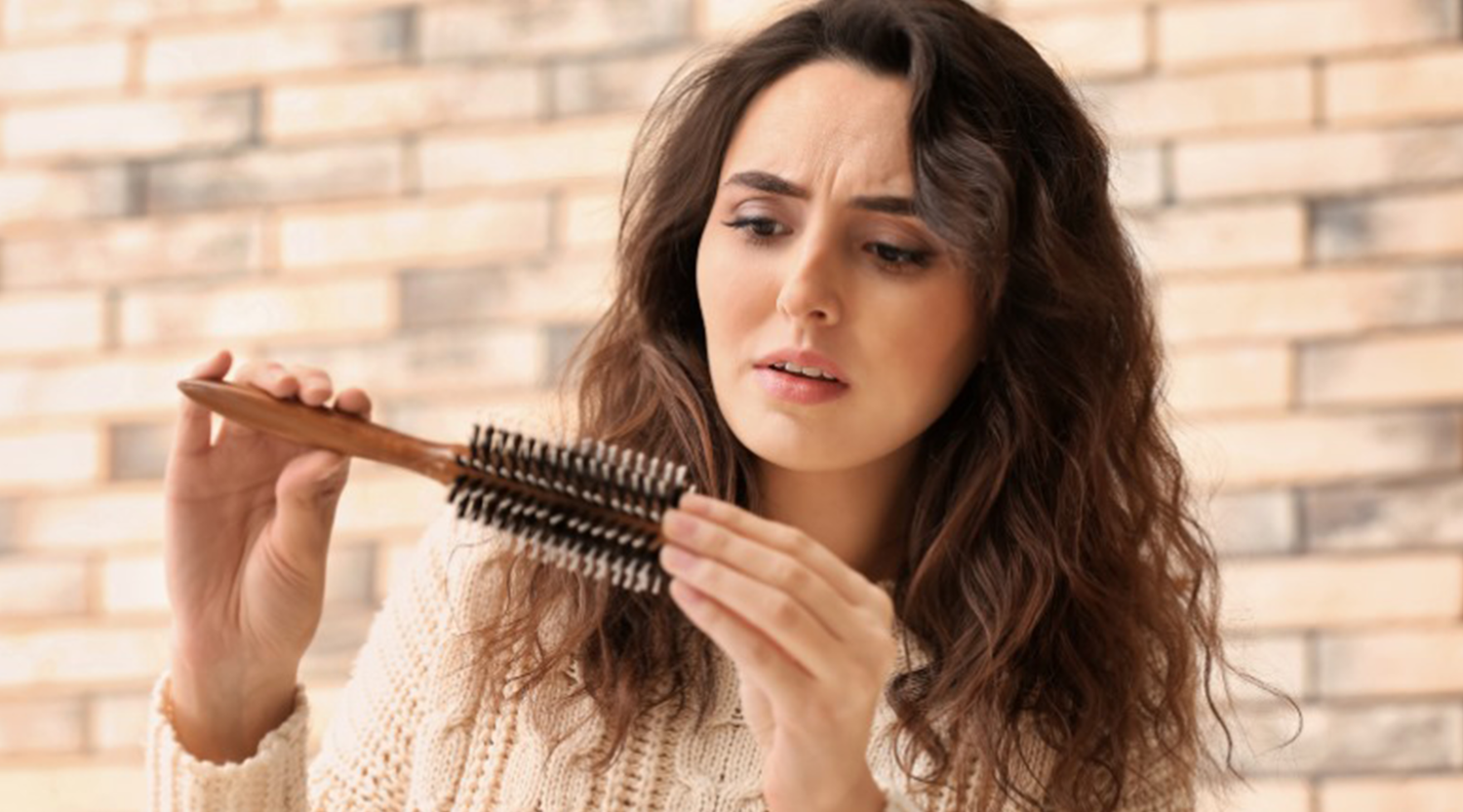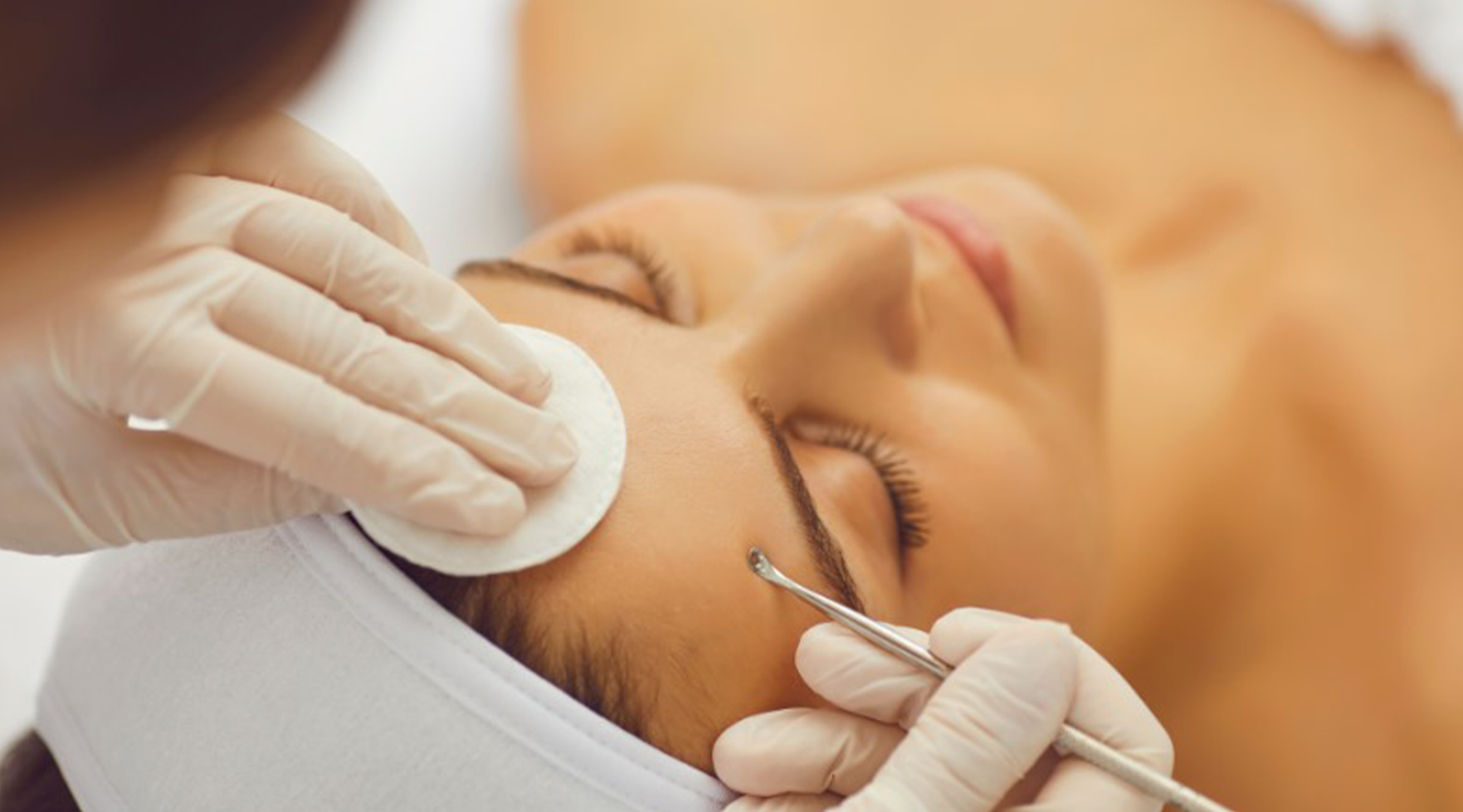
Puffy Eyes? Try These Fast Home Remedies!
Noticed your eyes looking extra puffy lately?
Allergies might be the sneaky culprit. When you're exposed to triggers like pollen, dust, or pet dander, your body releases histamines that cause inflammation and fluid buildup around the eyes—leading to that swollen, tired look we all dread. Allergies are a common cause of eye swelling and puffiness. Allergies trigger inflammation in the blood vessels around your eyes, causing fluid to accumulate and leading to swollen appearance.
| Jump To |
|---|
| Symptoms of Allergic Conjunctivitis |
| At-Home Remedies for Puffy Allergy Eyes |
| 1. Cold Compresses |
| 2. Artificial Tears |
| 3. Allergy Eye Drops |
| 4. Oral Antihistamines |
| 5. Wash Your Face and Hands |
| When to See a Doctor |
| Prevention Tips |
Some common allergens that can trigger puffy eyes include:
-
Seasonal allergies: pollen from trees, grasses, and weeds
-
Animal dander
-
Dust mites
-
Mold spores
-
Certain eye makeup or skincare products
Symptoms of Allergic Conjunctivitis
Puffy eyes often go hand-in-hand with other symptoms of eye allergies (allergic conjunctivitis), such as:
-
Itching
-
Redness
-
Watering
-
Burning or stinging sensation
-
Sensitivity to light
-
Clear, watery discharge
If you also experience nasal allergy symptoms like sneezing and congestion, it's a good indicator that your puffy eyes are allergy-related.
At-Home Remedies for Puffy Allergy Eyes
Here are some simple steps you can take at home to find relief from swollen, puffy eyes caused by allergies:
1. Cold Compresses
Applying a cool compress can help constrict blood vessels and reduce swelling. Soak a clean washcloth in cold water, wring it out, and gently place it over your closed eyes for 10-15 minutes. You can also use chilled cucumber slices, tea bags, or a gel eye mask.
2. Artificial Tears
Over-the-counter artificial tears can help flush out allergens and soothe irritated eyes. Look for preservative-free options and use them several times a day.
3. Allergy Eye Drops
Antihistamine eye drops, like ketotifen or olopatadine, can provide targeted relief for itchy, swollen allergy eyes. Decongestant eye drops may also help, but use them sparingly as overuse can worsen symptoms.
4. Oral Antihistamines
Non-drowsy oral antihistamines, such as loratadine or cetirizine, can help block histamine reactions and reduce overall allergy symptoms, including puffy eyes. However, some may cause dry eyes as a side effect.
5. Wash Your Face and Hands
Gently washing your face and eyelids with cool water can help remove allergens that may be sticking to your skin and lashes. Also, be sure to wash your hands frequently and avoid rubbing your eyes.
When to See a Doctor
If your puffy eyes persist despite at-home remedies or are accompanied by pain, vision changes, or severe redness and swelling, it's time to see a doctor. You may need prescription-strength allergy medications or a referral to an allergist for further evaluation and treatment.
For severe or chronic eye allergies, immunotherapy (allergy shots) can help desensitize your immune system to specific allergens over time. This can provide lasting relief from symptoms like puffy eyes.
Prevention Tips
In addition to treating symptoms, preventing exposure to your specific allergens is key. Here are some tips:
-
Keep windows closed and use air conditioning during high pollen seasons
-
Wear sunglasses outdoors to shield your eyes
-
Wash bedding weekly in hot water to get rid of dust mites
-
Use mite-proof pillow and mattress covers
-
Keep pets out of the bedroom and off furniture
-
Vacuum regularly with a HEPA filter
-
Use a dehumidifier to control indoor mold growth
-
Remove eye makeup gently and consider switching to hypoallergenic products
With a combination of at-home remedies, medical treatment as needed, and preventative measures, you can keep puffy allergy eyes at bay and maintain healthy, comfortable eyes all season long. Remember, you don't have to suffer through allergy symptoms - relief is possible!





